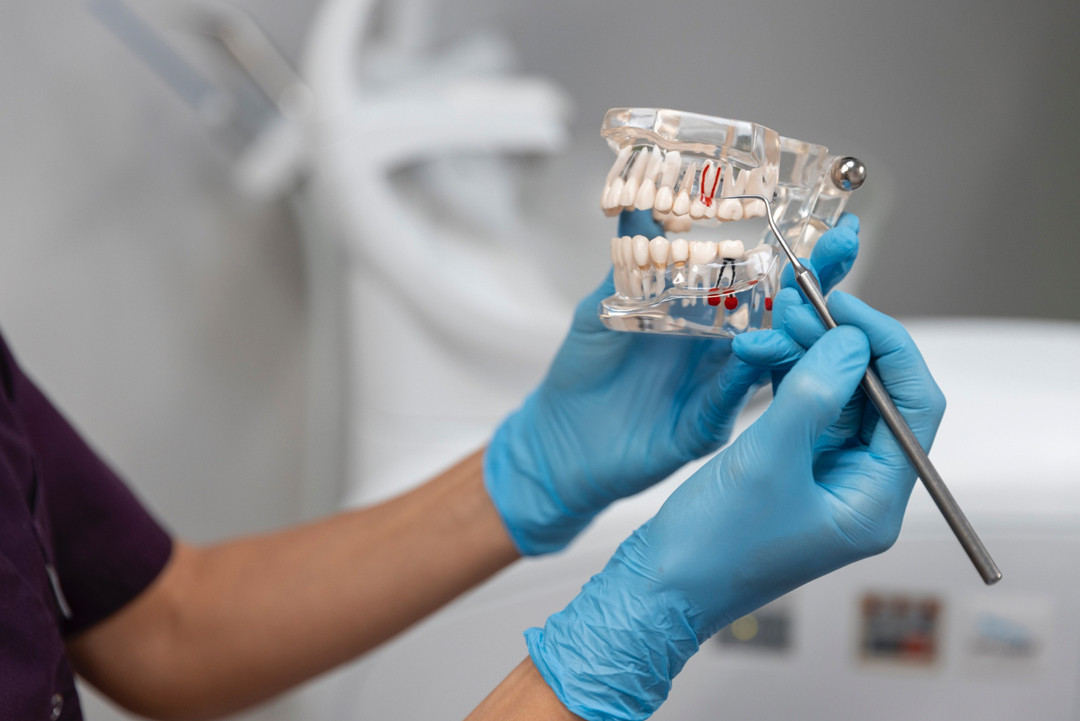What Is Medical Oncology?
Medical oncology specializes in the diagnosis and treatment of cancer using various medical therapies, including:
- Chemotherapy
- Immunotherapy
- Targeted Therapy
- Hormonal Therapy
Oncologists also collaborate with other specialists, such as surgeons and radiation oncologists, to provide comprehensive cancer care, including managing side effects and offering supportive care to enhance the quality of life for patients.
Role of a Medical Oncologist
- Diagnosing Cancer: Determining the type and stage of cancer.
- Creating Treatment Plans: Tailored to the patient’s needs, type of cancer, and its progression.
- Administering Treatments: Including chemotherapy, immunotherapy, and more.
- Managing Side Effects: Addressing pain, fatigue, and other treatment-related challenges.
- Providing Emotional Support: Helping patients and families navigate the psychological impact of cancer.
Common Types of Cancer Treated
- Breast Cancer
- Prevalence: Most common cancer in women.
- Symptoms: Lumps or masses in the breast, tenderness, or changes in appearance.
- Treatment: Often includes surgery, chemotherapy, hormonal therapy, or targeted therapy.
- Lung Cancer
- Symptoms: Persistent cough, chest pain, shortness of breath, or coughing up blood.
- Treatment: Typically involves chemotherapy, radiation therapy, and targeted therapy.
- Prostate Cancer
- Symptoms: Urinary difficulties, erectile dysfunction, or pain from cancer spread.
- Treatment: Hormonal therapy, radiation therapy, or surgery.
- Colorectal Cancer
- Symptoms: Changes in bowel habits, blood in stool, abdominal pain, and fatigue.
- Treatment: Chemotherapy, radiation, and surgical interventions.
- Leukemia
- Symptoms: Fever, fatigue, unexplained bleeding, and frequent infections.
- Treatment: Includes chemotherapy, targeted therapy, and bone marrow transplants.
- Lymphoma
- Symptoms: Swollen lymph nodes, fever, and weight loss.
- Treatment: Chemotherapy, immunotherapy, and radiation therapy.
- Melanoma
- Symptoms: New or changing moles on the skin.
- Treatment: Surgical removal, immunotherapy, and targeted therapies.
- Gynecologic Cancers
- Types: Cancers of the cervix, uterus, ovaries, fallopian tubes, and vulva.
- Treatment: Surgery, chemotherapy, radiation, and targeted therapy.
How Is Cancer Treated in Medical Oncology?
- Chemotherapy
- Purpose: Uses drugs to kill or slow the growth of cancer cells.
- Administration: Orally, intravenously, or via injection.
- Combination: Often paired with surgery or radiation.
- Radiation Therapy
- Purpose: High-energy rays target and destroy cancer cells.
- Application: Delivered externally or through internal devices.
- Collaboration: Requires coordination with nuclear medicine specialists and surgeons.
- Targeted Therapy
- Purpose: Drugs focus on specific molecules driving cancer growth.
- Combination: Often used with chemotherapy or radiation.
- Immunotherapy
- Mechanism: Stimulates the immune system to recognize and attack cancer cells.
- Benefits: Enhances the body’s natural defenses.
- Hormonal Therapy
- Purpose: Blocks hormones fueling cancer growth.
- Example: Used frequently for breast and prostate cancers.
- Palliative Care
- Focus: Improves quality of life by managing symptoms like pain, nausea, and fatigue.
- Role: Provides comfort for patients with advanced cancer.
- Clinical Trials
- Purpose: Tests new treatments or therapies.
- Participation: Offers access to cutting-edge care, though risks and benefits must be evaluated.
Supportive Care in Oncology
- Symptom Management: Addressing physical discomforts like pain and fatigue.
- Emotional Support: Counseling services for patients and families.
- Rehabilitation: Helping patients regain strength and function post-treatment.
Why Early Detection Is Critical
Early diagnosis significantly improves treatment outcomes. Medical oncology emphasizes regular screenings and awareness of symptoms to facilitate timely intervention.
Conclusion
Medical oncology combines advanced therapies, personalized treatment plans, and comprehensive care to manage cancer effectively. By working closely with patients and families, oncologists strive to provide the best possible outcomes and improve the quality of life throughout the cancer journey.


















